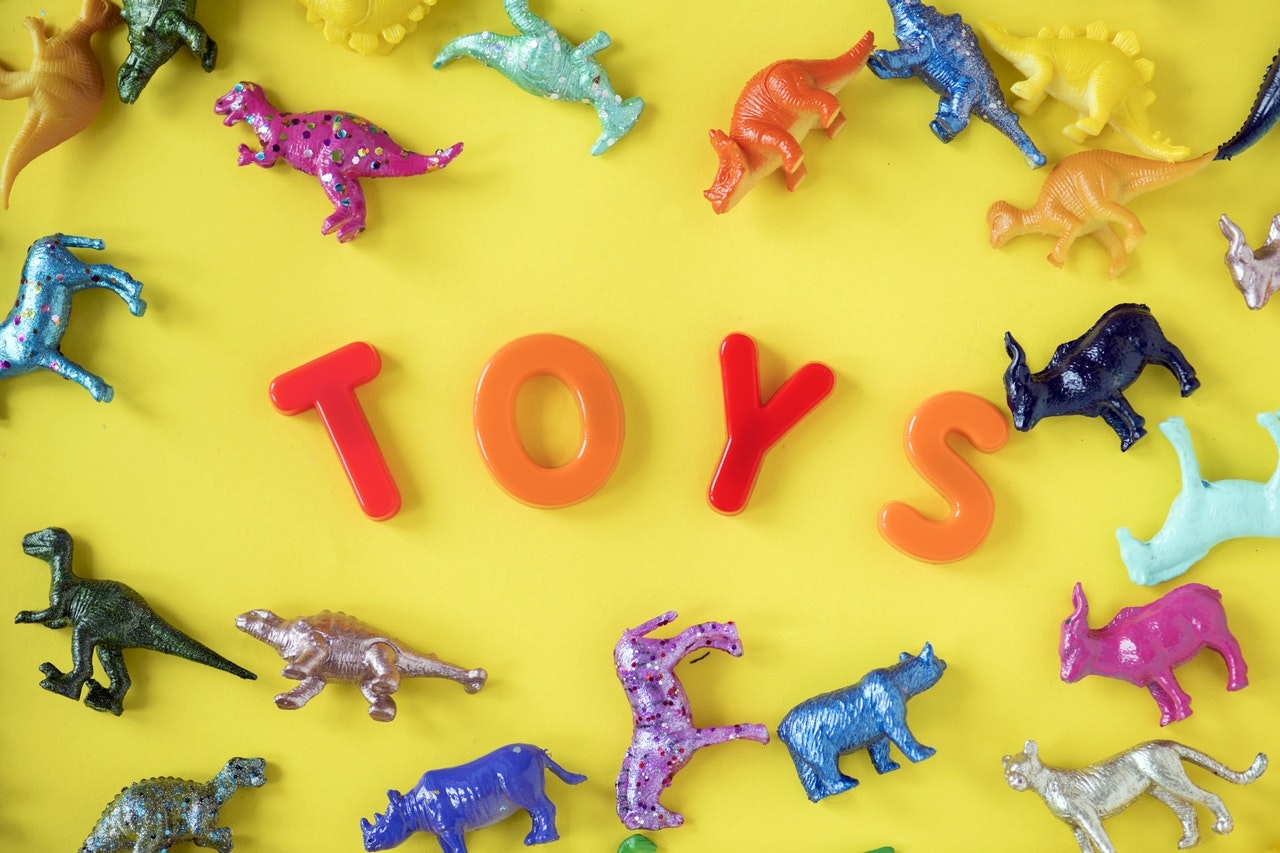Our family was struggling and I knew we could do better.
A recent diagnosis within the family made me think we should head down the path of a psycho educational assessment – I wanted to know if anything else was going on, even if the teacher didn’t think there was anything to worry about (I asked).
We went for it, and what did we learn?
ADHD. Gifted. 7th percentile for working memory.
Really fast brain power, with not very fast processing power and very little working memory. Ok – so what’s working memory anyways?
“Can you go put your lunch in your backpack?”
“Sure.”
“Umm… why are you in the basement playing lego – did you put your lunch in your backpack?
“What lunch?”
“Don’t be ridiculous! Get up here and stop playing around!”
Except it turns out – crappy working memory means it really IS in one ear and out the other and he didn’t know what I was talking about.
Lightbulb after lightbulb went off from the assessment. He wasn’t being a jerk or misbehaving, he was forgetting things. He wasn’t violent, his internal processing made it so that impulse control was low and he truly didn’t always have a reason for doing things.
And as we kept talking I learned that ADHD is HIGHLY hereditary – chances are a parent also has it.
Do you know an adult with ADHD?
Adults are getting diagnosed with ADHD a lot lately but it’s not because it’s some kind of new found craze, it’s because when we were kids the only people who got diagnosed with it were the REALLY problematic kids. The kids who were disruptive. The kids who weren’t passing in school.
Not the kids who mostly did what they were told, had decent grades, and definitely not girls.
The psychologist told me that most adults with ADHD have simply come up with adaptions throughout their lives and think of themselves as “lazy”
Oh! Me! I tell everyone all the time how lazy I am. Ha ha ha.
As we talked some more I realized it was my turn to get assessed - maybe there was more going on than being lazy.
I ended up seeing a psychiatrist instead of a psychologist so I didn’t go through the same battery of tests as some other adults I know or that my kids went through, but we talked. We talked A LOT, because ADHD doesn’t start all of a sudden in adulthood, you’re looking for signs that something has been up since childhood.
So let’s look at my childhood:
School aversion starting in kindergarten - “would do better if attended more frequently” was probably the most common comment on my report card throughout my life.
MASSIVE emotional outbursts from 6 or 7 until my teens years - I still apologize to my parents for these.
Depression as a teen – continued school aversion.
Messy. Really messy.
Terrible at time management.
Terrible at waking up and getting out the door.
Hyperfocus on school work (when necessary) – which really was me not paying attention in class, missing class A LOT and then cramming and passing. The key here is passing – I lowered my bar to “passing,” and that was all I ever expected of myself. “Don’t fail and you did a good job”
Let me tell you a bit about ADHD
What can ADHD look like?
Never stops moving
Easily distracted
Problems with impulse control
Hard time regulating emotions
Poor time management
Disorganized and messy (wants everything in sight)
Forgetful
Problems completing tasks
Highly sensitive (noises, touch, taste, smell, etc)
Other ADHD Facts
Highly genetic. If your child has it, chances are high on parent does (or an aunt or uncle)
25-40% of those with ADHD have a co-existing anxiety disorder
Up to 70% of those with ADHD will be treated for depression in their life time
2x3 times more likely to have a sleep disorder
Children with ADHD have delayed brain development (by several years) and can often seem less mature than their peers
ADHD looks like a lot of things that can also just be part of childhood.
Nobody ever flagged me for anything other than “would do better if attended school more often.”
My parents brought me to see psychologists and psychiatrists to try to help me (due to the emotional outbursts I mentioned above) – I was not simply forgotten, nobody knew what to do or what to look for back in the 80s and early 90s.
But even now when we know so much more, nobody flagged my kids and two of them have diagnoses because nothing was EXTREME. But just because things weren’t THE MOST TERRIBLE didn’t mean I was going to ignore my intuition that things could be better.
My second child’s diagnosis was really different and I never would have thought to have him diagnosed if it wasn’t for MY diagnosis. His is coupled with anxiety and depression (which we know is quite common.) He has a hard time paying attention, he is easily distracted by sounds and chaos or just having to focus on one thing at a time.
ADHD can look like a lot of things, including a kid who feels like they never fit in and they just want to pull back from the world instead.
So let’s bring this back around to the “it’s no big deal” argument. The people who tell you not to put people or kids in boxes but just let them be themselves, whomever that might be. The ones who balk at the idea of any labels.
I want you to know that labels can be good!
I’ve witnessed these labels make life easier – higher grades, better impulse control (and therefore not getting in trouble as much), being able to focus to complete a task, knowing how to compensate for terrible working memory.
I’ve seen how labels mean better support, access to alternate ways of learning and doing things, and increased compassion for people who struggle in traditional learning environments.
My diagnosis helped me realize I’m not lazy, I just do things differently. It helped me understand the supports I need in the places I struggle.
It helped me beat myself up a bit less for not being a good housekeeper at 42 (aren’t I supposed to grow into that?!)
It helped me learn about ADHD quickly.
It helps me be innovative and willing to try new things.
It makes me a good entrepreneur. It makes me a great business coach.
Things aren’t perfect though – I’m not going to pretend an assessment and some words are a magic solution.
We’re still trying to find different answers – but we know where to look for them because we have a better idea of what’s going on.
Here’s what I want you to know:
Diagnoses and labels aren’t shameful, they are power.
Diagnoses aren’t rules and boxes, they are opportunities to learn and grow.
Every diagnosis in our family has helped me learn more about myself and has made me a happier person, more accepting of myself and decreasing the shame I felt for the things I couldn’t do.
A diagnosis isn’t a magic pill that fixes everything (though pills can really help some with ADHD!)
School is hard and we don’t get the kids there every day.
I almost fired the house cleaner because I got all angsty and full of shame that the house had gotten so messy since she’d last been there.
We all have a lot of big feelings and we have issues with time management and not losing forms and getting places on time.
But we have so much more knowledge to help us get through. We hired a parenting coach (Success in Steps) to help us figure out strategies to manage the family. We kept the cleaning person and made a deal that she would come MORE often and I would worry less about the state of the place when she arrived. I keep learning and talking to people and finding out what we can do to make our lives smoother.
I talk a lot about our ADHD journey because I know that it’s helping others. I get messages regularly from people realizing that maybe they need to look at ADHD in their families and me talking about it makes it less scary to do that.
Not everyone will see things our way but my experience is that labels aren’t boxes that puts us in a corner in shame.
They are lights that help us see how many people are dealing with Anxiety. Autism. ADHD. Depression. Dyslexia. They are labels that provide us with knowledge and knowledge is power and it helps us do better.












